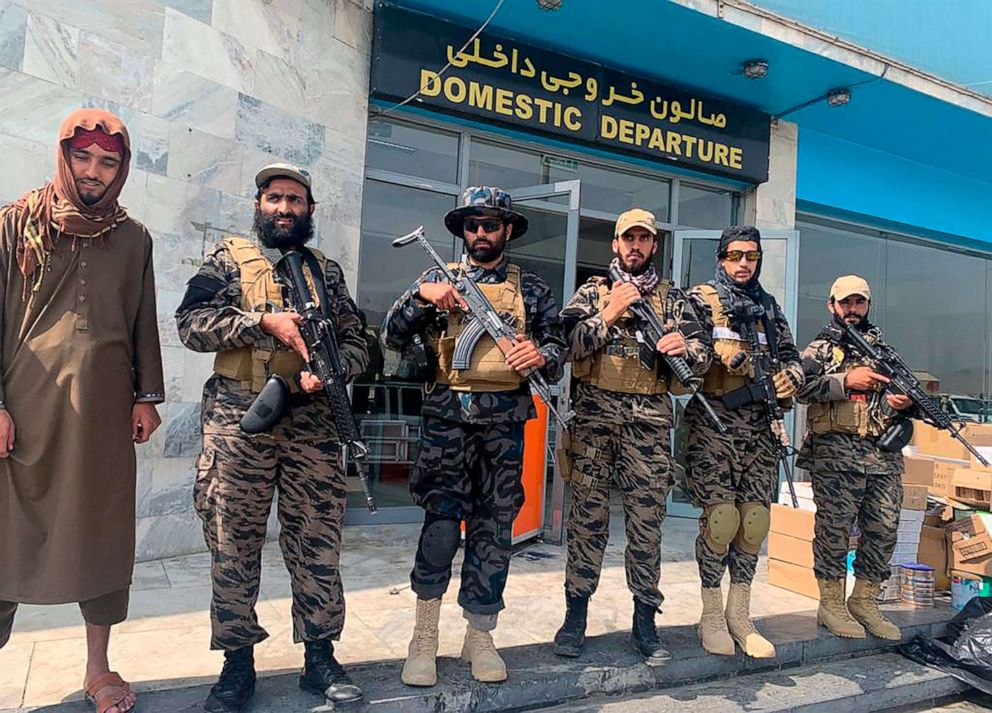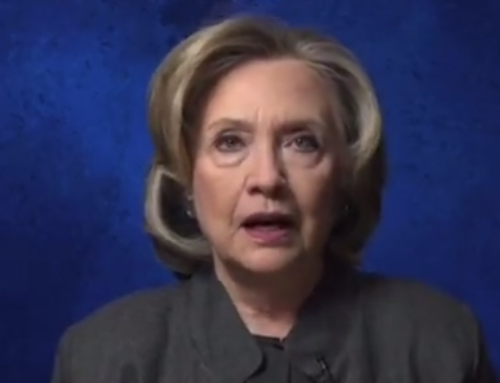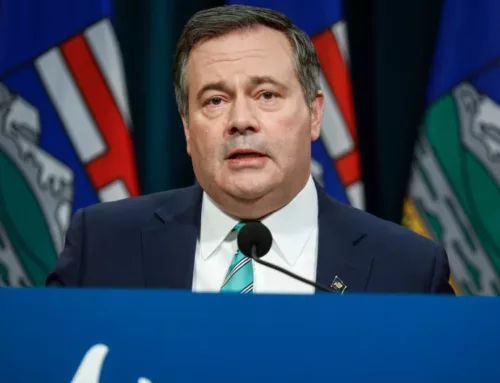Biden on Monday did release a written statement thanking commanders and service members for completing the withdrawal on schedule “with no further loss of American lives,” praising the evacuation effort as “the largest airlift in US history,” and teasing his defense not to stay beyond Aug. 31.
“For now, I will report that it was the unanimous recommendation of the Joint Chiefs and of all of our commanders on the ground to end our airlift mission as planned,” he said in the statement, although military leaders had lobbied Biden earlier this year to leave a residual U.S. force in Afghanistan to support the Afghan army and government.
With the U.S. military and diplomatic withdrawal now complete as the U.S. approaches 20 years since the Sept. 11 attacks, the Taliban has again taken over the country, including the Kabul airport, the site of an often-desperate evacuation effort the past two weeks. Shots were fired into the air to celebrate the withdrawal in Kabul on Monday night.
The Pentagon said Monday that 2,461 troops were lost in the war, which started as it began: under Taliban rule. Since the evacuation mission began, 6,000 citizens and more than 123,000 people — Afghans “friends and allies” — were airlifted out by the U.S. and partners, but alarms are being raised over those left behind.
Biden told ABC News’ George Stephanopolous in an exclusive interview on Aug. 18, “If there’s American citizens left, we’re gonna stay to get them all out.”
His poll numbers, too, showed uncommon cross-partisan agreement among Americans that withdrawing all U.S. troops by Biden’s deadline could be a grave mistake, according to an ABC/Ipsos poll conducted after Thursday’s suicide attack in Kabul which killed 13 service members and wounded 20. The survey found the percentage of Americans who think U.S. troops should stay until all Americans are out of Afghanistan is 86% among Democrats, 87% among Republicans and 86% among Independents.
Tuesday’s speech comes amid outrage expressed by some family members of those service members killed in last week’s airport attack over his handling of the withdrawal.
Some have criticized the president following Sunday’s dignified transfer ceremony at Dover Air Force Base, where he met with families. White House press secretary Jen Psaki wouldn’t respond directly to criticism from one family but said that the president feels responsible for their loss at a briefing on Monday.
Republican lawmakers have also blasted Biden for his handling of the withdrawal, with Nebraska Sen. Ben Sasse, R-Neb., calling the withdrawal a “national disgrace” and Sen. John Barrasso, R-Wyo., claiming Biden has armed the Taliban by leaving behind equipment.
White House national security adviser Jake Sullivan, in an exclusive interview with George Stephanopoulos on ABC’s “Good Morning America,” defended the withdrawal and contended that only the president, as commander in chief, knows what it is to make these hard decisions.
“Those criticizing are not the ones who have to sit in the Situation Room and make the hard calls about the threats that we face and the objectives we’re trying to obtain and President Biden made that hard call and it is a call he believes will ultimately serve the interests of our people, all of our citizens and our country,” he said on Tuesday.
Perhaps foreshadowing Biden’s remarks, Sullivan also claimed the U.S. and the international community have “enormous leverage” on the Taliban to ensure those Americans and Afghans who want to get out can do so.
But the administration hasn’t provided a clear plan for those evacuations beyond saying it’s relying on a Taliban commitment to provide “safe passage.”
The 100 to 200 Americans that Secretary of State Antony Blinken said still wanted to be evacuated weren’t able to reach the airport in Kabul on Monday before the last U.S. plane left. Of the five final flights, no American civilians made it on board.
Thousands of Afghans who worked with the U.S., who fear reprisal from the Taliban, also did not make it out and are forced to rely on Afghanistan’s new rulers for departure — of which there is no guarantee.
It’s unclear what the evacuation picture will look like now that the U.S. military is gone.
c. ABC




